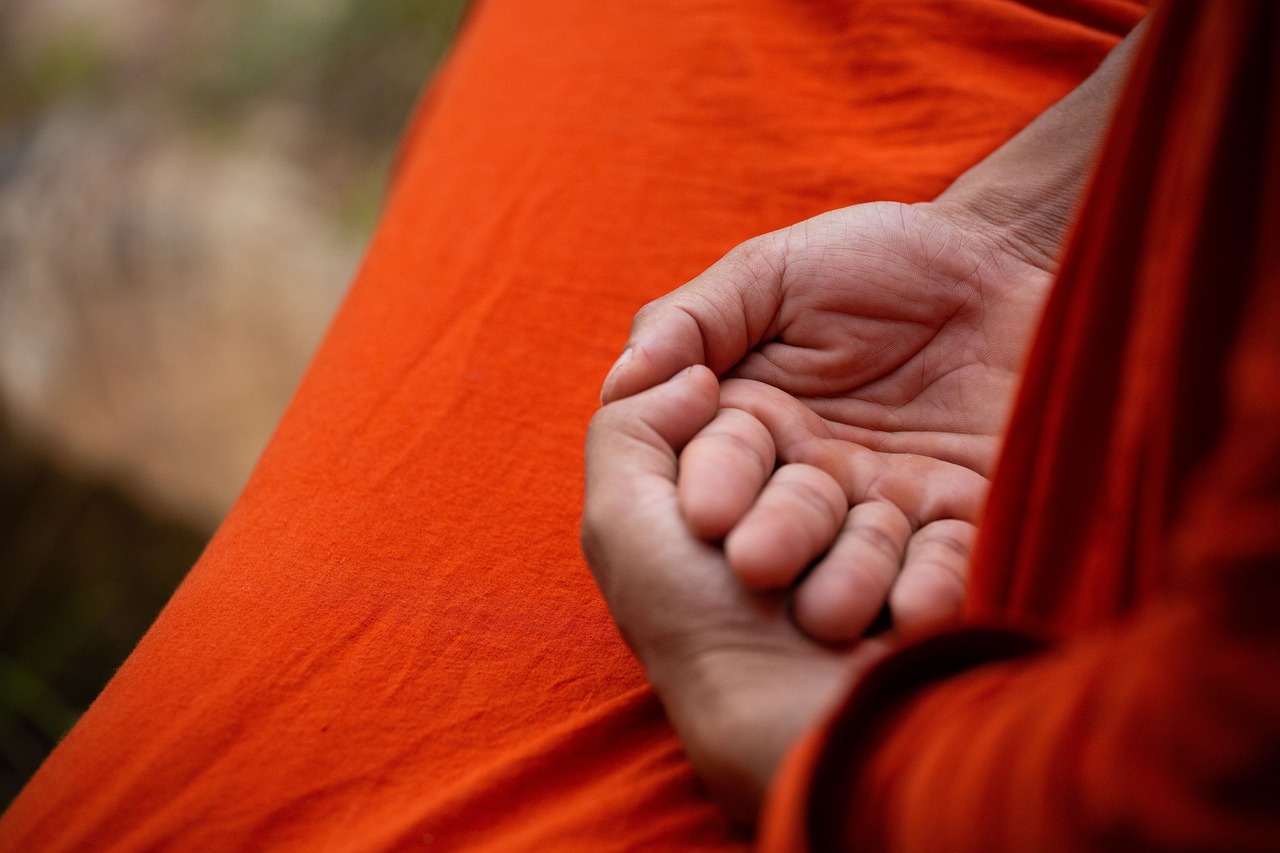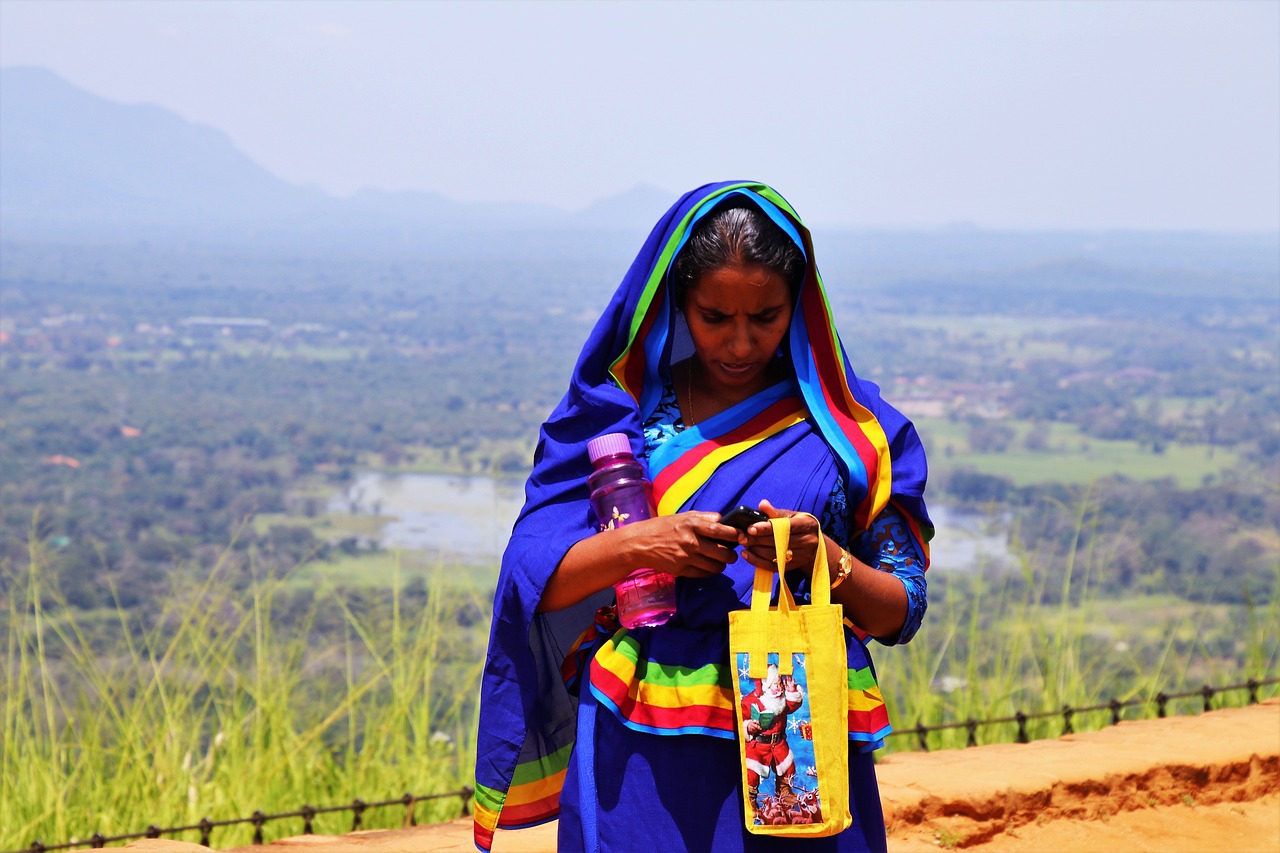Sri Lanka Video
Hiring Local Services: Tips for Nomads in Sri Lanka
Introduction
As a nomad in Sri Lanka, hiring local services can greatly enhance your experience and help you navigate the country more effectively. Whether you need transportation, accommodation, or other essential services, it’s important to know how to find reliable and trustworthy options. This article provides valuable tips and insights for nomads seeking to hire local services in Sri Lanka.
Transportation Services
When it comes to transportation in Sri Lanka, there are several options available to nomads. It’s essential to choose a reliable service that fits your needs and ensures a comfortable and safe journey. Consider the following options:
- Taxi Services: Taxi services are widely available in Sri Lanka, especially in major cities and tourist destinations. Look for licensed taxi services that use meters for transparent and fair pricing.
- Rideshare Apps: Popular rideshare apps like Uber and PickMe operate in Sri Lanka. These apps offer convenient and affordable transportation options, and you can track your journey in real-time.
- Tuk-tuks: Tuk-tuks, or three-wheeler taxis, are a common mode of transportation in Sri Lanka. Negotiate the fare before getting in and ensure the driver uses a meter or agrees on a fixed price.
Accommodation Services
Finding suitable accommodation is crucial for nomads in Sri Lanka. Whether you prefer hotels, guesthouses, or vacation rentals, it’s vital to consider factors such as location, amenities, and safety. Here are some options to explore:
- Hotels: Sri Lanka offers a wide range of hotels, from budget to luxury. Research and read reviews to find a hotel that suits your preferences and budget.
- Guesthouses: Guesthouses are a popular choice for nomads seeking a more intimate and local experience. Look for guesthouses in residential areas or near tourist attractions.
- Vacation Rentals: Platforms like Airbnb provide a variety of vacation rentals, including apartments, villas, and bungalows. Read reviews and communicate with hosts to ensure a pleasant stay.
Local Guides and Tours
Exploring Sri Lanka’s rich culture and natural beauty is best done with the help of local guides and tours. They can provide valuable insights and ensure you make the most of your experience. Consider the following options:
- Local Tour Operators: Research and book tours with reputable local tour operators who offer a range of experiences, such as wildlife safaris, cultural tours, and adventure activities.
- Private Guides: Hiring a private guide allows you to customize your itinerary and explore lesser-known destinations. Look for guides with good reviews and local expertise.
- Group Tours: Joining group tours is a cost-effective way to explore Sri Lanka. Look for tours that align with your interests and ensure they have knowledgeable guides.
Language and Communication
While English is widely spoken in Sri Lanka, knowing a few basic phrases in the local language, Sinhala, can greatly enhance your interactions. Consider the following language and communication tips:
- Greetings: Learn basic greetings like “Ayubowan” (hello) and “Thank you” (Sthuthiyi).
- Numbers: Familiarize yourself with numbers to negotiate prices and understand directions.
- Translation Apps: Install translation apps on your phone to overcome language barriers during conversations.
Money Matters
Understanding the local currency and payment options is essential for a smooth experience in Sri Lanka. Consider the following money-related tips:
- Local Currency: The official currency in Sri Lanka is the Sri Lankan Rupee (LKR). Familiarize yourself with the current exchange rate and carry some cash for small transactions.
- ATMs: ATMs are widely available in Sri Lanka, especially in urban areas. Check for ATMs that accept international cards and be aware of any associated fees.
- Credit Cards: Major credit cards are accepted in many establishments, but it’s always good to carry some cash for smaller businesses or remote areas.
Safety and Security
Ensuring your safety and security is paramount when traveling as a nomad in Sri Lanka. Keep the following tips in mind:
- Travel Insurance: Purchase comprehensive travel insurance that covers medical emergencies, trip cancellations, and theft.
- Emergency Contacts: Save important contact numbers, including local authorities and your embassy, in case of emergencies.
- Stay Informed: Stay updated on travel advisories and follow local news to be aware of any potential risks or safety concerns.
Healthcare Services
Understanding healthcare services and having access to medical facilities is crucial for nomads in Sri Lanka. Consider the following healthcare tips:
- Medical Insurance: Ensure you have adequate medical insurance that covers any potential healthcare needs or emergencies.
- Pharmacies: Pharmacies are widely available in Sri Lanka. Carry necessary medications and familiarize yourself with generic names in case you need to purchase them.
- Hospitals and Clinics: Research and identify reputable hospitals and clinics in the areas you plan to visit.
Local Cuisine
Exploring Sri Lanka’s diverse and flavorful cuisine is a must for nomads. Consider the following tips for enjoying local cuisine:
- Street Food: Sri Lanka is known for its delicious street food. Try popular dishes like kottu roti, hoppers, and samosas from reputable street vendors.
- Vegetarian and Vegan Options: Sri Lankan cuisine offers a wide range of vegetarian and vegan dishes. Look for restaurants that specialize in these options.
- Food Safety: Ensure the food you consume is prepared hygienically. Opt for busy and popular food establishments to minimize the risk of foodborne illnesses.
Cultural Etiquette
Respecting Sri Lanka’s rich cultural heritage is important as a nomad. Familiarize yourself with the following cultural etiquette:
- Dress Modestly: When visiting religious sites or rural areas, dress modestly and cover your shoulders and knees.
- Removing Footwear: Remove your footwear when entering temples, homes, or other places of worship.
- Respecting Customs: Be mindful of local customs and traditions, such as not touching people’s heads and avoiding public displays of affection.
Environmental Responsibility
As a responsible nomad, it’s important to minimize your impact on Sri Lanka’s environment. Consider the following tips:
- Reduce Plastic Waste: Carry a reusable water bottle and say no to single-use plastics.
- Responsible Wildlife Encounters: Follow guidelines for wildlife encounters and avoid activities that exploit or harm animals.
- Preserve Natural Areas: Stay on designated paths and avoid littering in natural areas.
Conclusion
By following these tips, nomads can hire local services in Sri Lanka effectively and ensure a memorable and fulfilling experience. From transportation to accommodation, exploring local culture to staying safe, being informed and respectful will enhance your time in this beautiful country.
Sri Lanka Image 1:

Sri Lanka Image 2:

Sri Lanka Image 3:

References
- Gypsy Warrior: gypsywarrior.com
- TripAdvisor: tripadvisor.com
- Airbnb: airbnb.com
- PickMe: pickme.lk
- Uber: uber.com


